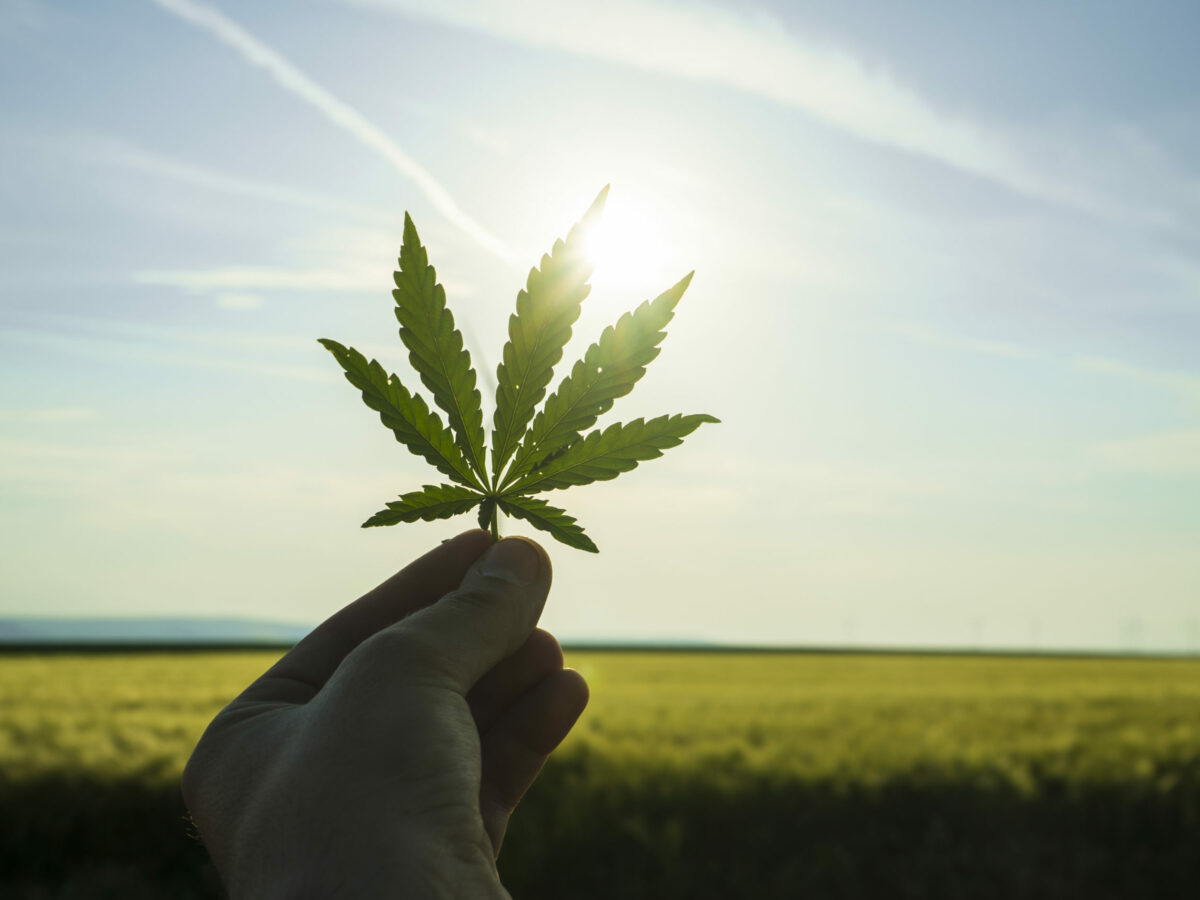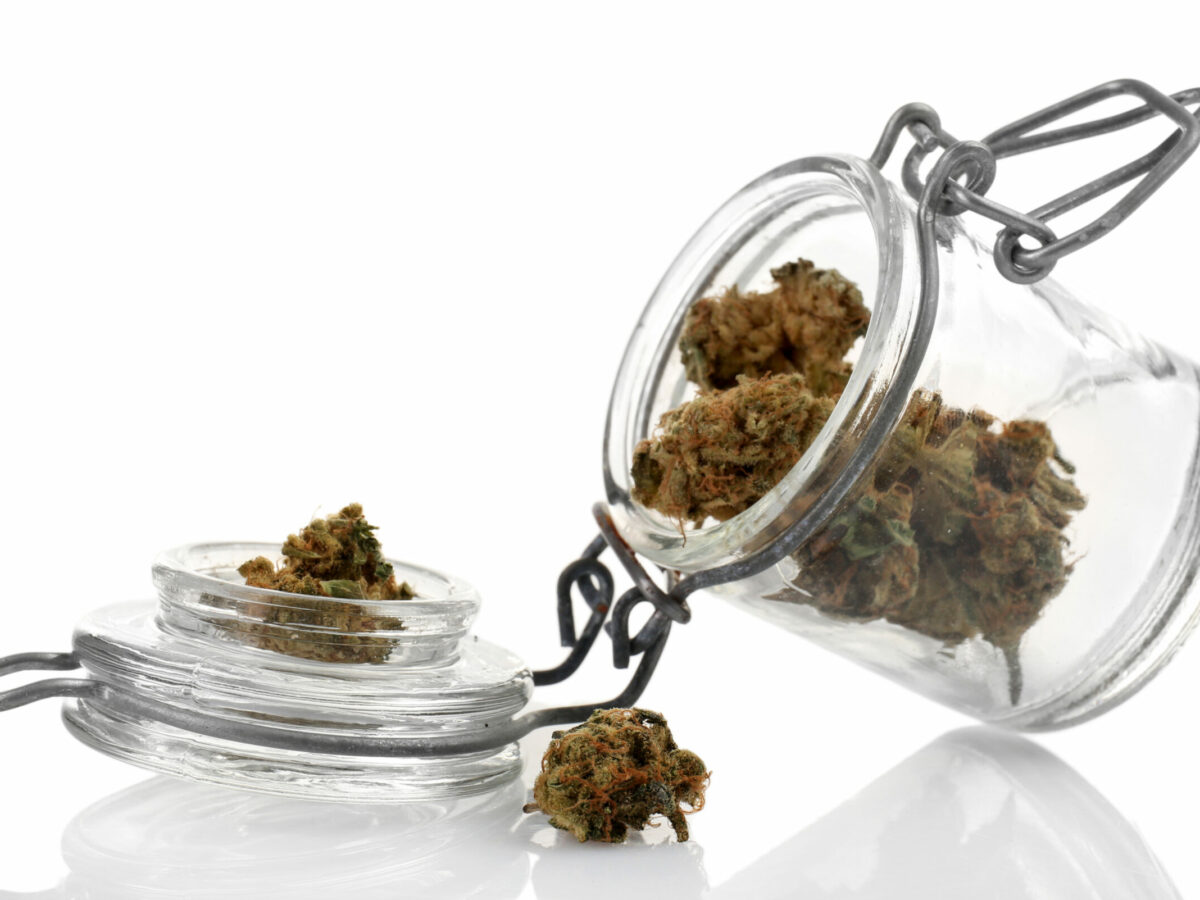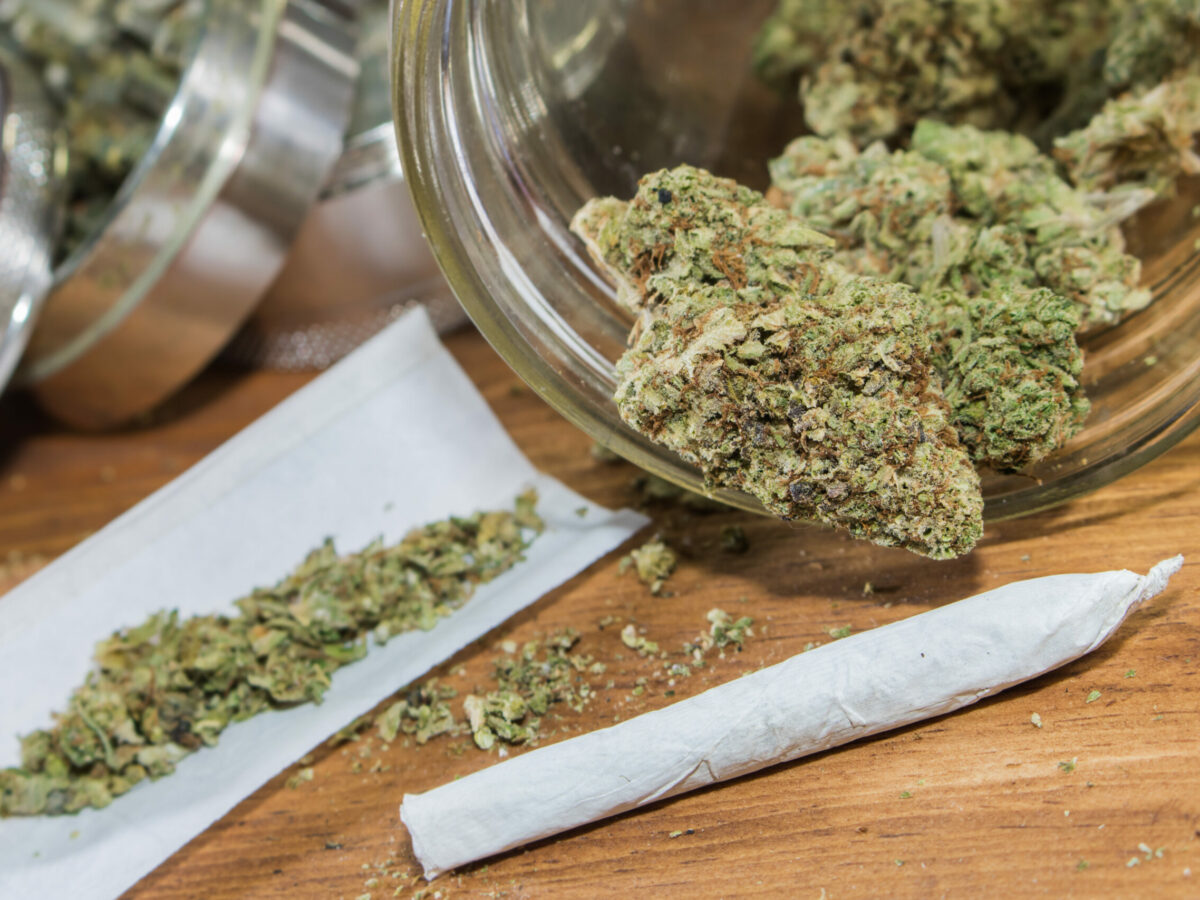COVID-19 and the curve-flattening responses to it have altered the way most industries in the United States have operated including the cannabis industry, both aboveground and underground: Maryland’s Medical Cannabis Commission has adjusted its guidelines for the sale of cannabis to keep patients and processors safe; the owners of dispensaries have changed their approaches and face the fact that they are unavailable for federal relief; and Baltimore cannabis dealers still operating in the illicit market have changed how they interact with customers while navigating concerns about future supply.
This week, The Outlaw Report continues covering COVID-19’s effect on people who provide and use cannabis with a conversation with “K,” a medicinal cannabis patient in Baltimore County, in his mid-thirties, who uses a wheelchair.
“I have cerebral palsy, which means I have too much muscle tone, which means I am often stiff and spastic,” K said.
He described his parents as “very much of the ‘pot is the first step on the road to heroin’ school,” which is partially why he has requested anonymity: “One day when my mom was helping me get dressed, she said, ‘Huh, your legs are really loose today. What have you been doing?’ I’d just hit the Pax thirty minutes before. I think she knows by now, but it’s ‘don’t ask, don’t tell.’”
K first tried cannabis in his early twenties more than a decade ago. His parents were going out of town and they hired K’s friend to be there with him—“to make sure I wouldn’t break a hip while transferring to bed or something.” He knew his friend smoked, so he figured this was his chance to try it out.
“I felt the warmth immediately and was like, ‘Well, I have found my thing,’” K said. “Alcoholism runs in my family and I’ve never really liked booze. But I loved pot immediately. I found out everything that D.A.R.E. taught me was wrong. I didn’t want to try anything else, I just wanted to listen to Black Sabbath—I’m such a cliche stoner sometimes. I still haven’t tried any hard drugs and I have no desire to.”
Living with his parents back then—well before Maryland had a medicinal cannabis program—meant his only opportunities to use cannabis were when his parents were out of town again, or he says, “at the rare house party that was handicapped accessible.”
By the time Maryland began its medicinal cannabis program, K was living on his own and could regularly obtain cannabis without having to hide it too much.
“When I take a hit, my legs become warm jello. I can feel it all over my body,” K said. “It’s such a cliche and I hate to be ‘that guy,’ but getting my card has been one of the best things I’ve ever done for myself physically.”
There is a dispensary a block from his apartment and he’s been in a few dispensaries in Baltimore City as well.
“The first time I bought weed in a dispensary, I felt like Randy Marsh in the South Park episode about medicinal weed,” K said. “I LOVE THE FUTURE!”
The act of going to a dispensary to purchase cannabis has also been educational and social, like going to a record store: “The main thing I have noticed across the board, every person involved, from the doctor who approved me for my card to the budtender who sells me cannabis, is incredibly kind, patient and empathetic,” K said. “The guy who I usually buy from always takes his time explaining what every strain will do, what the THC percentage means—everything. It’s what going to a record store used to be, ‘If you liked the Blue Hawaiian, you’ll like the Paul’s Boutique.’ It’s one of the few places where I really don’t think about my situation.”
He has not needed to purchase more medicinal cannabis since COVID-19 pushed everybody inside of their houses—and social distance the way people with disabilities have been doing for most of their life—because he “tends to buy in bulk.” An email from the dispensary near his home informed him that he can call in an order, wait outside, and have it delivered to him there out front.
“I could probably do it,” K said.
He does have to renew his medicinal cannabis card next month, though thanks to Maryland Medical Cannabis Commission’s adjusted guidelines, a renewal can be done over the phone during the pandemic. The larger stigma surrounding cannabis remains for K, he explained.
“I wish there wasn’t a stigma about cannabis. If I wanted to sit in my apartment and get drunk every night, nobody would bat an eye, but if someone smells cannabis around my door, I get a stern email or a phone call,” K said. “I have seen what alcohol can do first hand, and it’s horrifying. Weed just mellows me out and calms down the palsy for a while. I don’t overdo it, I don’t force it on anyone. I shouldn’t have to worry about losing my job or my lease because of it.”



